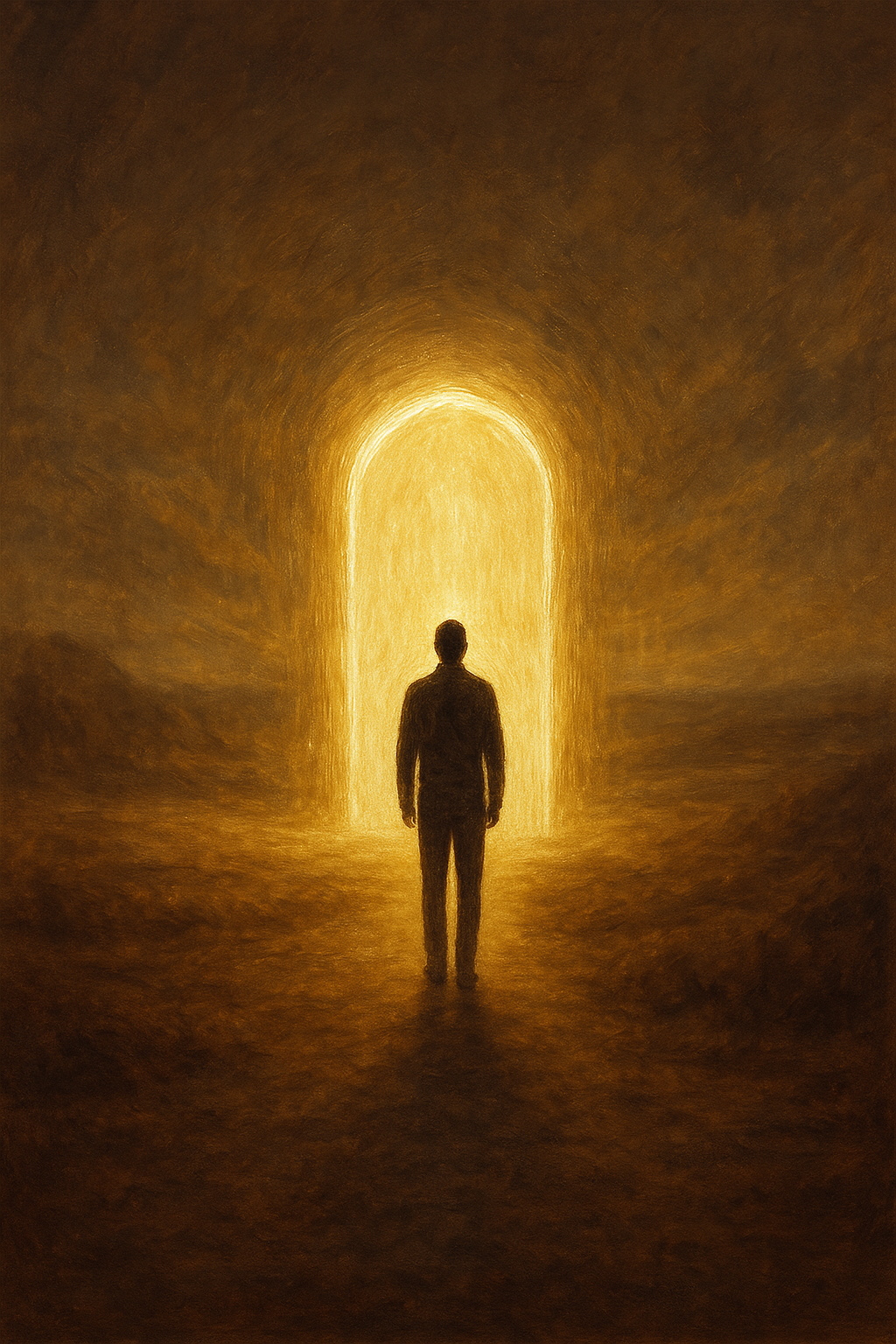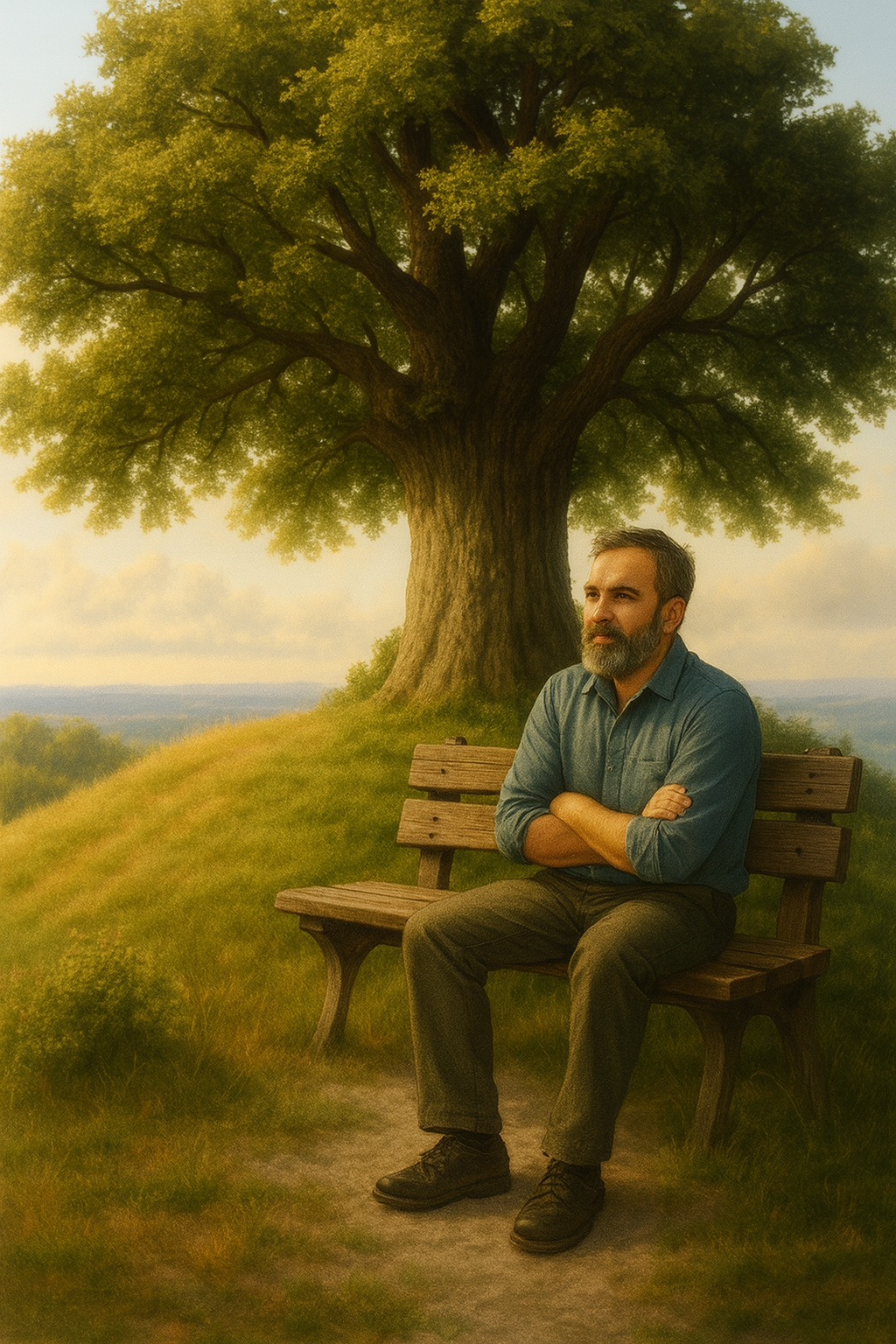
The gatekeeper.
The Gatekeeper.
Once upon a time, there was an old stone gate on the edge of a small town.
No one knew who built it or why it stood there—only that anyone who stepped through it came back somehow different.
In the town there lived a man whom everyone knew.
He was neither rich nor famous, but there was a calmness about him that could not be taught.
He was called the Gatekeeper.
Not because he owned the gate.
But because he understood it.
He stood before it every day, and if anyone was lost in their life, if they were broken, if they were afraid, if they were disappointed, they came to him.
People said, "If you have a problem, go to the Gatekeeper.
He won't tell you what to do—he'll help you see what you already know."
One day, a young man came to him.
His face was hard, his eyes were angry, and when he spoke, every word he said sounded like a threat.
"I will cross the gate," he said. "And I will show everyone that I am the one who decides."
The Guard watched him silently.
He was not afraid of him.
Such people do not carry true power, they only show what they think is enough.
"The gate is not about me," the Guard replied. "And it is not about you either.
He who crosses it out of fear will have his fear returned.
He who flaunts his strength will have emptiness."
The man waved angrily.
He crossed the gate.
And nothing happened.
At least on the outside.
But inside… it was as if someone had held an invisible mirror up to him.
And what looked back at him there was not pretty: anger, greed, uncertainty.
He turned back, afraid.
"What have you done to me?" he shouted at the Guard.
"Nothing," the Guard said. –
The gate only shows what you carry.
If you don't like what you see, it's not the gate that's to blame.
The man fled.
Months passed.
The Guardian did his work in silence, helping those who asked, listening to those who turned to him, and giving peace to those who returned to the light.
One day, however, the angry man returned.
He was tired, broken, his voice trembling.
"I don't want to live like this anymore," he whispered. "I thought I was strength.
But I was only anger.
Will you help me cross again?"
The Guardian didn't smile, he didn't scold, he didn't say "I knew it."
He only said this:
"Every saint has a past.
And every sinner has a future.
The gate never closes—but you have to enter it differently.
This time, not with strength, but with humility.
The man stepped through for the second time.
And this time it wasn't anger staring back at him.
But someone who wanted to start over.
Someone who took responsibility.
Someone who understood:
The power of the gate is not outside – but in the one who steps through.
The Guardian stood silently.
He didn't want glory for himself. He gave only what few gave: a silence that showed life, a truth without direction,
and the certainty that every person carries a future – but not everyone steps through it.
